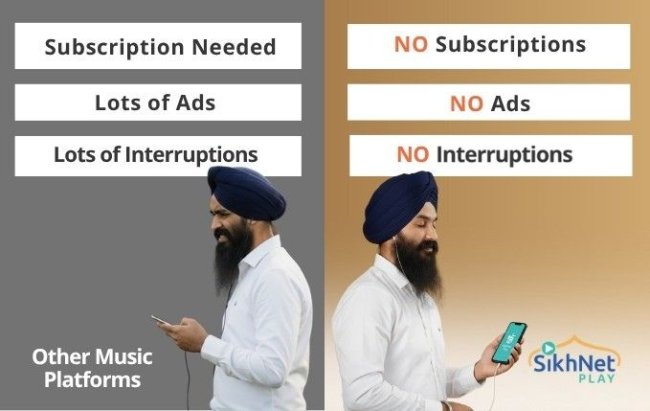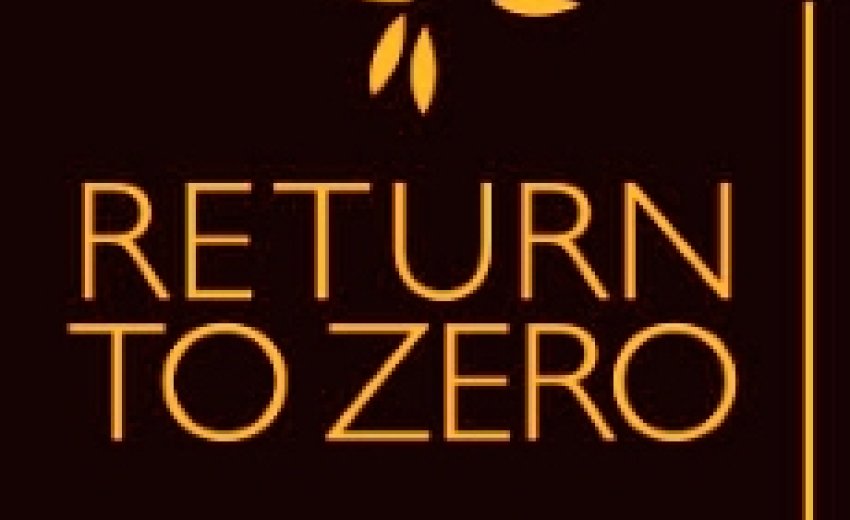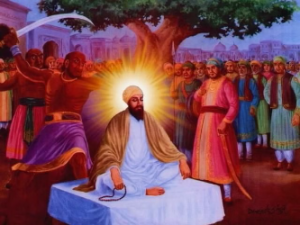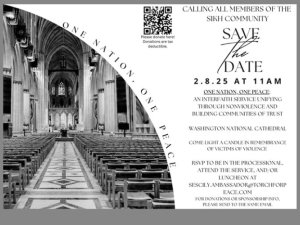Letters From Espanola
 April 11, 2013: My dad invested a lot of himself in his business identity. He worked hard. He had discipline. And he lived in a time when a man could start at the bottom of a company and work his way to the top.
April 11, 2013: My dad invested a lot of himself in his business identity. He worked hard. He had discipline. And he lived in a time when a man could start at the bottom of a company and work his way to the top.
He began his career in sales at RCA – one of the first companies to build color television sets. In order to stimulate international sales of color TV’s, RCA developed a strategy to sell color television cameras to foreign television stations. Prior to that period, the majority of television stations in countries outside of the United States only had equipment that broadcast in black and white.
My father headed a team which traveled around the world and brokered deals with foreign television stations to purchase RCA television equipment that could broadcast in color. Once the foreign TV stations had the new color equipment for broadcasting, RCA could begin mass marketing their color TV sets in those countries.
When I was growing up, my father spent a lot of time going from one country to another, negotiating these deals. One of the highlights of his career was having lunch with Princess Grace after successfully signing a contract with Monaco TV. I always loved the stories my father brought back with him after his travels.
In time, through his accomplishments, he became head of the International Finance division at RCA. During the 80’s, he decided he needed a change. Our family moved to Texas and he took a position as the CFO of a company that owned television and radio stations in Texas and California.
My father began, but never completed his MBA. Everything he learned about finance and business “just happened.”
I too never took a business class in my life, but listening to my father talk during Sunday morning breakfasts was an education in itself. Somehow, for my father, his values and his business identity formed one cohesive narrative in his life. He saw the financial health of a company in terms of how a company actually worked at every level. He understood the relationship between business and government.
 Here are some of the things he said that I remember the most vividly - paraphrasing from memory.
Here are some of the things he said that I remember the most vividly - paraphrasing from memory.
“Business needs about 5% unemployment in order to keep wages competitive. Otherwise, potential employees can demand such high wages that it will destroy the business. That’s why you pay taxes. You have to create a safety net for those 5% ...
“The middle class is the heart of the US economy. The business has to make money, but you also have to pay people well. You make them work for it. You make them earn it. But you have to balance the budget so that there is a profit and the people working can earn a good living. That is what keeps the whole economy going. If people can’t earn a good living, then nobody can sell anything to anybody. If that happens, the economy will collapse.”
When he talked, I thought this was just the way everybody thought about business. I did not realize that this was his perspective based on his values and his own experience. It never occurred to me that his words would prove prophetic.
My father kept his CFO position full time for over 25 years and was in semi-retirement when he died of cancer. He used to say, “I don’t play favorites. I’m hard on everyone.”
But the company was always healthy at every level. Good profits, good people, good salaries. Those who knew him and worked with him considered him a financial wizard.
There is a disconnect that has happened during my generation. Many business leaders no longer think this way. They no longer consider it their duty to protect the middle class. Outsourcing jobs overseas, pressuring people to work as much as possible for as little as possible. These strategies have created windfall profits at the highest levels, but those profits circulate in the hands of a small percentage of people.
Here’s a news story I read recently that reflects this very issue.
Silicon Valley has had an incredible streak of prosperity through high-tech companies like Google and Facebook. Yet the middle class has virtually disappeared, and there is a very high level of homelessness in the Valley these days. People who used to build the chips that gave the Valley its name now sleep under the highways.
One thing I have learned over the years is that budgets are just a reflection of consciousness. Business is not an objective science. The Market does not exist independent of our beliefs and values. A budget illustrates the priorities of the people who control the assets. That’s all. Change the priorities, and the budget will change, too.
The problem is we think about wealth as something that gets accumulated. We do not think about wealth in terms of flow. Yet practically speaking, it is the circulation of money that creates a wealthy society. Not how much assets are in reserve. A dollar spent a hundred times does more for more people than a hundred dollars that sit somewhere.
Savings are important. But hoarding is a sickness.
My father saw that very directly. He operated that way. When executives began laying people off and paying themselves huge bonuses, he was disgusted with their behavior. I think my father considered himself a custodian of an entire system that he was fiercely proud to be part of. His ancestors had lived through the Potato Famine in Ireland. He knew what arrogance and an aristocratic control of wealth could do. He was proud to be part of an economy that created prosperity for everyone.
When I look at Sikh history, I believe that the Gurus understood these principles in even more profound ways. That wealth is a function of flow as much as anything else, and that leadership means looking out for the health of the whole system.
There is a story I love about Guru Amar Das, which I read in “The Sikh Religion” by Max Arthur Macauliffe. The story goes that Guru Amar Das had a particular way of dealing with the food and offerings that came to him. Every morning, he would take the money the Sikhs brought to his court, and he would spend it that day. Hiring people to do specific labor, purchasing supplies – every cent, so to speak, was put to use immediately.
Any food that was brought to the Guru’s court got cooked the same day. Guru Amar Das had the food served to the community. If there was food left over, it got fed to the animals at night. Each day – everything got spent.
And every morning, Guru Amar Das started back at zero.
Can you imagine a community living this way? It makes the bonds between people, and the purpose of money, so much clearer. All of a sudden – the offering I bring today is helping my neighbor build a wall for the Guru. Then the offering my neighbor brings the next day might come back to me to carve a chair.
We have these illusions of separation, and money can make that illusion even stronger. But society works because we constantly exchange energy with each other. No man is an island. We are all in this together. The more the energy can flow, the more prosperous and successful we all become.
Guru Amar Das’ genius was to start each day at zero. Zero is a very gutsy place to live. It is a very powerful place to live. It is a place of non-attachment and absolute trust. A place of being willing to receive. Guru Amar Das never accumulated wealth for himself. He stayed in that zero point. His leadership was not in how much he had. It was in how he directed the money and the food to be circulated, keeping the entire community strong.
Sometimes, when I read the news and see what is happening in the economy, I worry about where the spirit of the world is heading. More and more, it seems we are becoming a hoarder’s society. Many leaders today have no guts. They have no vision to take care of everyone.
Sometimes, I wonder if my father was a Sikh in a past life – which is why he saw money and business the way he did. It is so easy to make the accumulation of wealth the ends, and to justify any means. This absurdity has reached the point where banks are demolishing foreclosed homes just to get the bad assets off their books, while homelessness skyrockets. Similarly, mountain-loads of food gets destroyed in order to keep prices ‘stable’ -- while people starve next door.
There is something deeply imbalanced in this mentality. For me, it keeps coming back to a question of values. Seeing the whole, supporting the flow, I do not see it as an issue of right or wrong.
In the end, it just comes down to a simple question.
What kind of society are we striving to become?
Ek Ong Kaar Kaur





